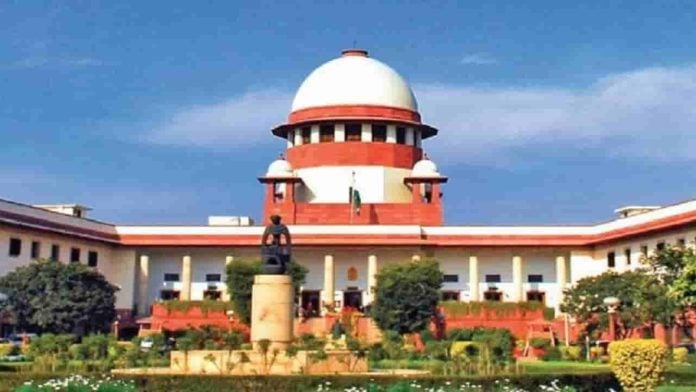The Supreme Court of India has refused to entertain a plea that came for declaring the land where Ram Mandir is being built in Ayodhya as ‘Ayodhya Buddha Vihar’.
The petition has been filed by one Vineet Maurya, who contended that the artefacts of Buddhist had been recovered from the site, which is a fact that has been recorded by the Allahabad High Court in its 2010 judgment in the Babri Masjid – Ram Mandir dispute.
The petitioner argued that the land should be declared as an archaeological site of national importance under Sections 3 and 4 of the Ancient Monuments and Archaeological Sites and Remains (Amendment and Validation) Act.
A bench comprising of Chief Justice of India DY Chandrachud and Justice PS Narasimha, said that Ayodhya matter has been dealt with long back and Maurya should either withdraw the petition failing which the bench will have to dismiss it.
With no option in sight,Maurya then proceeded to withdraw the plea.
The plea said that even before the construction of the Babri mosque at the site in the 16th century, there have been structures and artefacts relating to Buddhism at the site, which were demolished to build the mosque.
Maurya claimed that the Allahabad High Court in 2010 verdict regarding Ayodhya land dispute said that there was evidence of stupas and pillars with Buddhist architectural features at the site, according to historians, the Archaeological Survey of India, and witnesses in the case.
As per the petitioner applications filed by Buddhist community members to join the case were declined, preventing them from presenting their argument before the High Court.
The Supreme Court had in 2019 awarded the site to the Hindu parties and allowed construction of Ram Mandir at the site.


